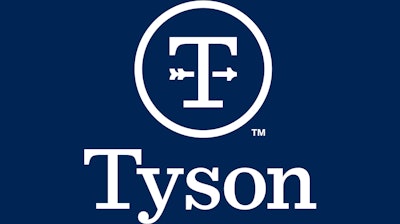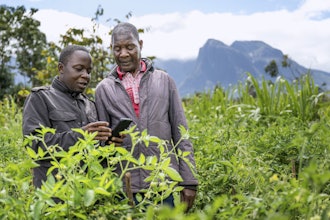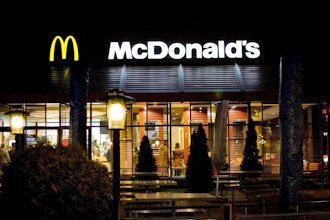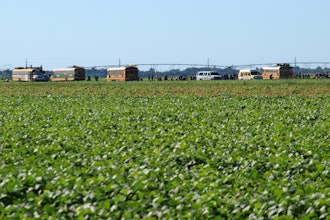
NEW YORK, NY — Shareholders of Tyson Foods and members of the Interfaith Center on Corporate Responsibility (ICCR) announced Dec. 10 that they have withdrawn a proposal intended for the 2022 company proxy requesting a racial equity audit as a result of successful negotiations with the company.
The proposal requested that “the Board of Directors commission and publicly disclose the findings of an independent racial equity audit analyzing if, and how, Tyson’s policies and practices discriminate against or disparately impact communities of color. The report should clearly identify, and recommend steps to eliminate business activities that further systemic racism, threaten civil rights, or present barriers to diversity, equity, and inclusion (DEI). Input from impacted workers, customers, community members, or other relevant stakeholders should inform the audit and report.”
Shareholders said Tyson agreed to all the key terms of the proposal, specifically:
- The racial equity audit will be conducted by an independent 3rd party;
- The report will be made public;
- There is a one-year reporting timeline;
- It will be a consultative process including interviews with impacted stakeholders as well as investor feedback, and;
- The company committed to further dialogue with ICCR members, referencing value in collaborative engagement with faith-based investors.
The proposal was filed by 17 faith-based investor members of ICCR. Tyson has been a company of concern for ICCR members for several years with prior resolutions focused on the water impacts of Tyson’s operations as well as human rights risks, specifically potential worker rights abuses in Tyson’s poultry plants. As widely reported in the press, COVID-19 highlighted the health risks frontline meat processing workers face and Tyson was one of several companies in receipt of an investor statement calling for enhanced protections for its workers. Investors say the disparate impacts of COVID-19 on workers of color was a core motivation for their request for the audit.
“Tyson has a history of business practices that further racial inequity including multiple allegations of racial discrimination and harassment at its plants,” said David L. Moore Jr. CFA, Director of Investments for lead filer the American Baptist Home Mission Societies, a founding member of ICCR. “These allegations represent very real reputational and legal risks for the company and we applaud its decision to conduct an audit that would help Tyson mitigate them and avoid adverse impacts on communities of color.”
According to the proposal, a coalition of worker and food justice groups filed an administrative complaint with the U.S. Department of Agriculture alleging that the company’s failure to prevent coronavirus outbreaks among largely Black and Latinx workers amounted to racial discrimination in violation of Title VI of the Civil Rights Act of 1964. Racial harassment has also been reported in Tyson plants. In April 2021, two former employees of the Tyson Farms chicken plant in Wilkesboro, NC who were repeatedly called racial slurs by a manager over a period of four years accused Tyson of violating the Civil Rights Act.
"Over the course of the pandemic, Tyson has been squeezing workers even harder to endure inhumane working conditions and deplorable wages. Tyson treats workers of color as expendable and without any human value. We hope that the company will follow through on its promise to conduct a truthful accounting of its racial equity failures by acknowledging the harm done every day to the Brown and Black poultry workers in its plants, and then go further by implementing systemic solutions to correct this injustice rather than just words on paper,” said Magaly Licolli, Executive Director of Venceremos (We Will Win), an organization in Arkansas focused on protecting human rights for poultry workers.
Tyson’s workforce is very diverse; however, there are racial disparities between hourly and salaried employees. 72.32% of Tyson’s salaried employees are white, suggesting that workers of color may not have equitable opportunities to advance to the better paying, more senior-level positions within the Company. Racial diversity on Tyson’s board is also limited, with only two out of 14 directorships held by people of color.






















